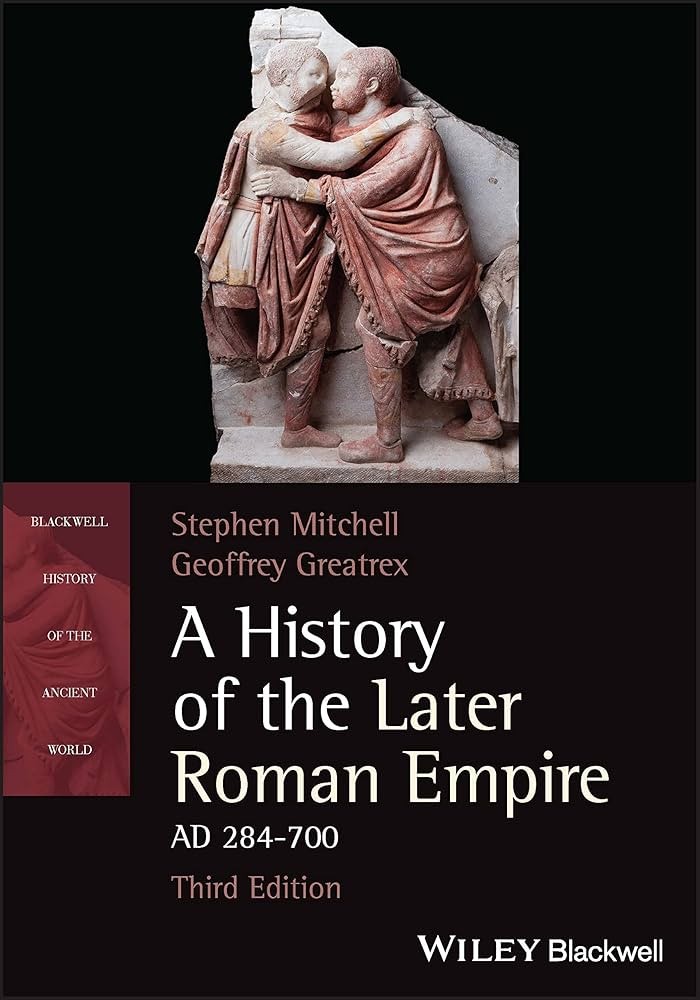

Most ebook files are in PDF format, so you can easily read them using various software such as Foxit Reader or directly on the Google Chrome browser.
Some ebook files are released by publishers in other formats such as .awz, .mobi, .epub, .fb2, etc. You may need to install specific software to read these formats on mobile/PC, such as Calibre.
Please read the tutorial at this link: https://ebookbell.com/faq
We offer FREE conversion to the popular formats you request; however, this may take some time. Therefore, right after payment, please email us, and we will try to provide the service as quickly as possible.
For some exceptional file formats or broken links (if any), please refrain from opening any disputes. Instead, email us first, and we will try to assist within a maximum of 6 hours.
EbookBell Team

5.0
30 reviewsA sweeping historical account of the Later Roman Empire incorporating the latest scholarly research
In the newly revised 3rd edition of A History of the Later Roman Empire, 284-700 , distinguished historians Geoffrey Greatrex and Stephen Mitchell deliver a thoroughly up-to-date discussion of the Later Roman Empire. It includes tables of information, numerous illustrations, maps, and chronological overviews. As the only single volume covering Late Antiquity and the early Islamic period, the book is designed as a comprehensive historical handbook covering the entire span between the Roman Empire to the Islamic conquests.
The third edition is a significant expansion of the second edition—published in 2015—and includes two new chapters covering the seventh century. The rest of the work has been updated and revised, providing readers with a sweeping historical survey of the struggles, triumphs, and disasters of the Roman Empire, from the accession of the emperor Diocletian in AD 284 to the closing years of the seventh century. It also offers:
Perfect for undergraduate and postgraduate students of ancient, medieval, early European, and Near Eastern history, A History of the Later Roman Empire, 284-700 will also benefit lay readers with an interest in the relevant historical period and students taking a survey course involving the late Roman Empire.